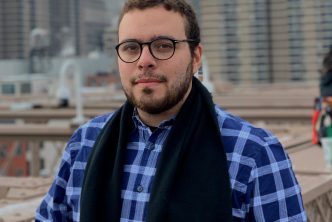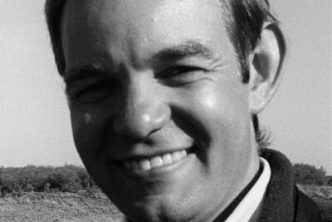As demand for meat continues to rise, globally, the livestock industry produces an estimated 14.5% of manmade greenhouse gas emissions — more than two-thirds of which come from cattle. Meat production requires roughly three-fourths of the world’s agricultural land and heavy crop and water usage, which according to scientists is a threat to biodiversity, and an accelerator of deforestation and food insecurity. Plant-based diets represent an opportunity for a more sustainable food system, according to large international scientific reports published by organizations including the United Nations Intergovernmental Panel on Climate Change and the EAT-Lancet Commission. A practical solution seemingly exists: a new generation of plant-based meats which are designed to look, cook, taste, and smell just like meat with a much smaller environmental footprint. In 2016, Beyond Meat and Impossible Foods began selling their meatless burgers, and quickly became leaders in a growing field of companies offering realistic plant-based meat analogues. In the United States, where more meat is consumed per person than anywhere else in the world, consumer acceptance of the novel vegan meats has so far been mixed. Researchers know that taste is highly psychological, and that many people prefer foods they are familiar with. The plant-based meat industry faces a challenge of scaling up to offer a product as appealing, accessible, and inexpensive as meat, which is a cornerstone of many peoples’ diets –– and often a source of great comfort and pleasure.
Ali Gold
Ali Gold believes that the best way to learn about anything is to write about it. By the third grade, Ali knew she wanted to be a writer. Ali was raised in St. Louis, Missouri by a doctor and a nurse who taught her that accurate health information can be the most empowering and essential information a person can have. During high school, Ali realized she could combine her interests in writing and science, and so her unwavering interest in science writing began.
At Washington University in St. Louis, Ali studied Psychological and Brain Sciences, Writing, and Communication Design, and served as a senior editor of the university newspaper for three years. During her time in college, Ali also freelanced and interned for several news publications, as well as for the St. Louis County Department of Public Health and NYU Langone Health. Her favorite stories to write have been those that explore the intersection of policy and individual experience, including public hospital reform in Denmark, medical marijuana legislation in Missouri and Illinois, and Title IX procedures at her own university.




